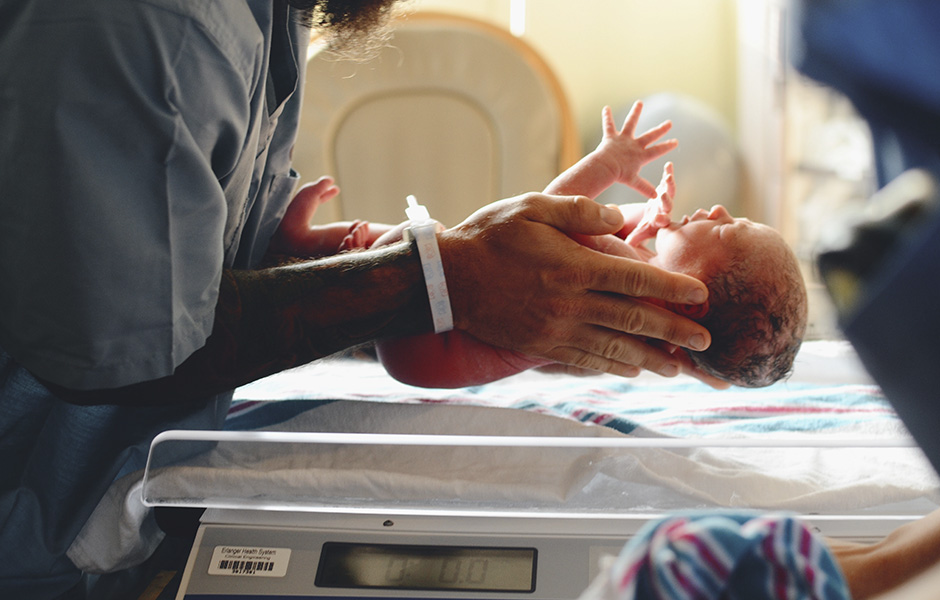How does breastfeeding influence the intestinal microbiota of “very premature” babies, that is, babies born between 28 and 32 weeks of pregnancy? What is the role of the type of delivery in the gut-dwelling microbes of these especially vulnerable babies?
These are some of the questions that a team of researchers from CINTESIS – Center for Health Technology and Services Research e NOVA Medical School wants to answer by conducting a pioneering study in Portugal, in collaboration with the neonatology team led by Teresa Tomé, from the Maternity Dr. Alfredo da Costa / Central Lisbon Hospital Center. This is a pioneering study, developed in collaboration with the only Breast Milk Bank in Portugal.
This observational study aims to evaluate the factors that interfere with the intestinal microbiota (bacteria and other gut-dwelling microorganisms) of “very premature” infants hospitalized in a national neonatal intensive care unit. The researchers are examining the mother’s eating habits, the type of delivery (vaginal or c-section) and the type of feeding available to babies at this stage of life (breast milk, fortified and non-fortified donor breast milk or formula milk).
“Breast milk is rich in probiotics and prebiotics due to the rich content of oligosaccharides, which help modulate the intestinal microbiota. Therefore, the World Health Organization recommends exclusive breastfeeding for the first six months of life”, explains Juliana Morais, Cintesis researcher and first author of the work coordinated by Conceição Calhau that has been published in Neonatology.
According to the researcher and nutritionist, “when breast milk is not available, donor milk should be the first alternative”. Although this milk goes through a pasteurization process, it is believed that the result in the microbiota of babies will be similar to that of breast milk. Formula milk, however, has been associated with a lower diversity of Bifidobacteria and overweight / obesity at 18 months of age”.
The researchers believe that the type of diet will cause significant differences in the composition of the intestinal microbiota of infants born between 28 and 32 weeks of pregnancy, which are particularly prone to an imbalance between beneficial and harmful microorganisms (intestinal dysbiosis).
Contrary to common belief, this early change in the type, quantity, and diversity of bacteria in the gut will not be temporary, but will affect the “programming” of metabolism and immunity far beyond childhood, influencing the development of various diseases in adulthood.

